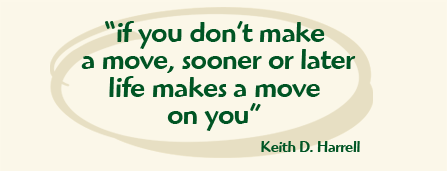Buying a home can be a lot of fun or it can be a very stressful exercise. There are a number of things you should do before you start looking at all the wrong properties and wasting a lot of your time.
 1) Research:
1) Research:
Start with a small list of your preferred suburbs. Use the internet, newspapers local agent catalogues and drive around the area checking out signs. Spend at least 2 weeks researching the suburbs you are interested in (unless you are already very familiar with them) before you start looking inside houses.
2) Check your finances:
Now you know the going price in your suburbs of choice, see how much you can spend. Talk to a mortgage broker or deal direct with your bank (but always get a second opinion). Tell your broker/bank everything about your financial situation (holding information back at this point is counterproductive).
3) Don't shop beyond your budget:
You need to know what your limit is and what your buying costs (stamp duty, settlement agent fees etc) are going to be. To look at properties outside of your limit will only fuel your frustration. Don't expect a vendor of a $550,000 house to accept your offer of $500,000 because that's all you can afford!
4) Look on rainy, windy or hot days:
If you like a property when it's not looking its best, you'll always like it. However, if you didn't realise that upstairs gets very hot or it's dark and drab in the living areas for most of winter, you may regret the purchase fairly soon after you move in.
5) If you don't like the property, tell the agent why:
This is a benefit to you, the agent and the vendor. If you have made it clear to the agent that you don't like the home because let's say the living areas are too small, he/she won't suggest other homes to you with small living areas (thereby saving you time). The agent will appreciate honest constructive feedback that they can give to the vendor and the vendor will adjust their marketing price based on honest feedback from genuine buyers.
6) Inspect the property for a second time with a friend:
Several important points to remember. Don't buy a home after just one inspection unless you are an experienced buyer. If you bring along someone whose judgement you trust and who understands your vision you will get an objective opinion which will prove invaluable in the long term. However, beware of those people trying to steal your dreams by being overly protective or you may spend 25 years looking for a perfect home!
7) Consider your future and potential resale:
A cute 1 bedroom cottage on the side of a hill may be just perfect for now but in 3 years time you may need more space and a flatter block. If the property suits a narrow market, you may struggle to resell in a reasonable time.
8) Make a reasonable offer:
This is where so many buyers fall down. If you have done your homework, you will have a good idea on values. If the property you want is priced well it is going to sell (either to you or someone else) so there is no point in making an offer too low - it will put the vendor off. It is better to “tempt” them with a good offer that may be just below what they really want. If you feel the property is overpriced, tell the agent but don't make an offer. It is pointless getting into protracted negotiations if you and the vendor have a vastly different opinion on the value of the property. Just keep an eye on the property and if the vendor adjusts their price to within your expectation, move quickly.
9) Get professional inspections:
You should make your offer conditional on a building and timber pest inspection unless you have expertise in these areas. These inspections will cost you between $400 and $800 and represent a small percentage of the value of the property. Remember that few buildings are in perfect condition, expect to do a little repair work of your own after settlement and understand that there is no guarantee that the hot water system won't give up the week after you move in. What the builder is looking for is structural defects that have either been covered up or not identified by the current owners or yourselves.